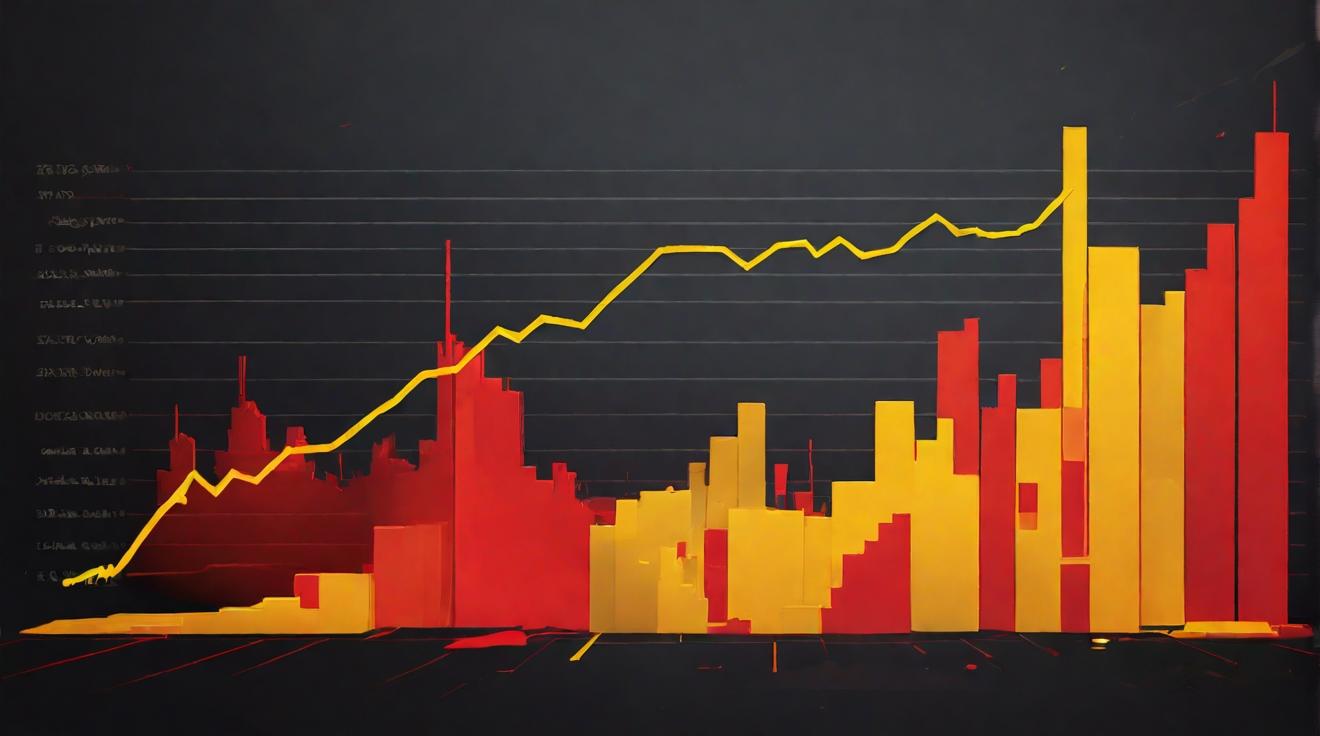The Truth About Shopping Apps and Privacy Policies
New research conducted on popular shopping apps and websites reveals that a staggering 75% of them share or sell customers’ sensitive information with third parties. The findings, unveiled in a recent report by Atlas VPN, go on to highlight that some apps even engage in data sharing without informing users. The study, which examined 60 of the most widely used shopping apps and their Google Play profiles, sheds light on the extent to which personal data is being shared.
Shocking Findings: Most Popular Shopping Apps Share or Sell Your Data
According to the Atlas VPN report, a concerning 75% of the examined shopping sites engage in sharing user data when the apps are used. Additionally, 58% of these apps are found to share information such as names, email addresses, phone numbers, and home addresses with third parties that are willing to pay for access to this data. Furthermore, 37% of the apps share financial data, including payment details and purchase history, while 28% share location data. Shockingly, 25% of the shopping apps shared device IDs or unique information about users’ smartphones or tablets.
Which Shopping Apps are the Worst Offenders?
When it comes to the worst offenders in data sharing, the Atlas VPN report highlights that eBay tops the list by sharing 28 user data points. Amazon follows closely behind with 25 data points being shared. Afterpay, the popular buy-now, pay-later app, shares 22 data points and even goes as far as sharing credit scores with third parties. Other prominent shopping apps, such as Nike, Home Depot, Wayfair, and Craigslist, also engage in varying degrees of data sharing, typically involving 21 to 18 data points. However, Kohl’s stands out as the only app among the 60 surveyed that does not share any user data.
How to Protect Yourself from Data Sharing
To safeguard personal data from being shared without consent or knowledge, experts recommend reading the privacy policies of the shopping apps before utilizing them. By doing so, users can understand and assess the implications of data sharing practices before clicking to accept terms and conditions. It is also advisable to disable sharing options, such as location sharing, and carefully consider the permissions granted to apps upon installation. Taking these proactive steps can help individuals protect their privacy while using shopping apps.
Don’t Be Fooled: Unused Shopping Apps Can Still Collect Your Data
A key concern highlighted by the research is that many shopping apps continue to collect user data even when they are not actively being used. In light of this, it is recommended to regularly review and delete unused apps from devices to minimize the risk of data collection. Deleting unused apps ensures that personal information is not unnecessarily retained and can help users maintain a higher level of control over their digital footprint.
In conclusion, the findings of the Atlas VPN report raise serious concerns about the extent to which shopping apps share or sell user data to third parties. It is crucial for individuals to be aware of the privacy policies of these apps and to take necessary steps to protect their personal information. By being proactive and informed, users can mitigate potential risks and maintain greater control over their data in an increasingly digital world.
Analyst comment
Negative news: The Truth About Shopping Apps and Privacy Policies
As an analyst, the market for shopping apps may be negatively impacted by this news. Users may become more wary of using shopping apps and may be less likely to share their personal information. This could lead to decreased usage and potential loss of trust in the apps. Companies will need to prioritize user privacy and transparency to regain consumer confidence.













